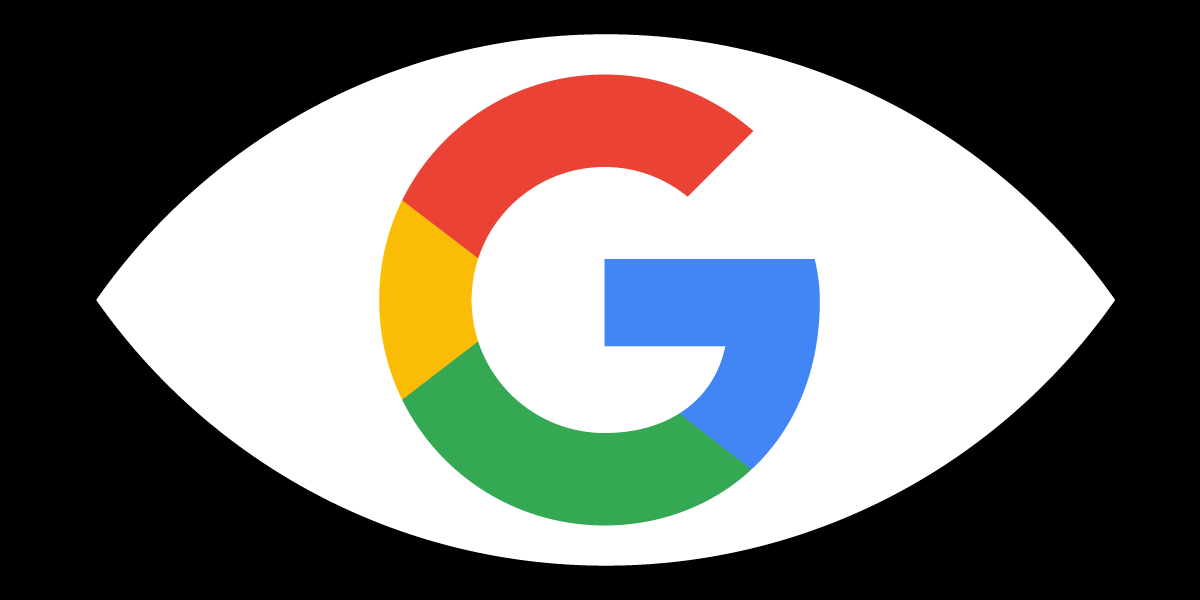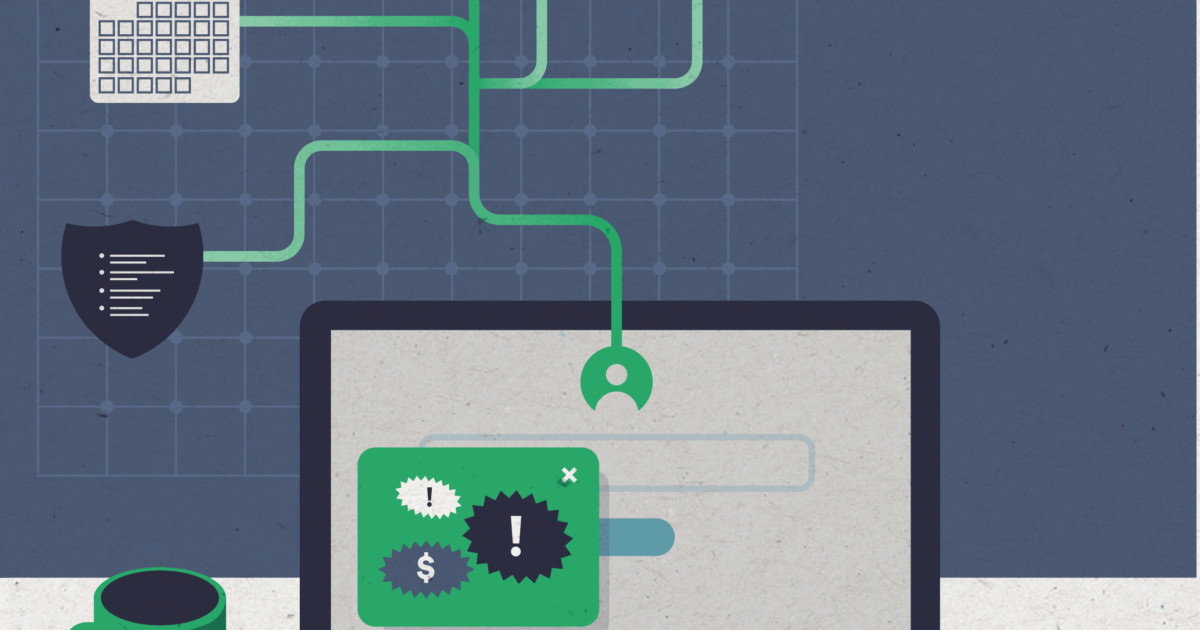TheRealZed
Retired Sailor
- Messages
- 3,002
- Reaction score
- 3,607
- Points
- 298
I run this on my NAS but there are many options, a Raspberry Pi will do the job.
Welcome to the PMBug forums - a watering hole for folks interested in gold, silver, precious metals, sound money, investing, market and economic news, central bank monetary policies, politics and more.
Why not register an account and join the discussions? When you register an account and log in, you may enjoy additional benefits including no Google ads, market data/charts, access to trade/barter with the community and much more. Registering an account is free - you have nothing to lose!
Nifty Ass System?I run this on my NAS
DuckDuckGo is a search engine that doesn't track your search history: https://duckduckgo.com/
Nifty Ass System?
I'll take your pixels for itIt is a little nifty... Synology NAS. It does a lot of stuff. However I am a tech control freak and I think that next time I will build a FreeNAS/TrueNAS box. I keep running into little issues that I'd like more control over.
When you are logged in, you have an active cookie that connects your IP (and possibly other identifiers like your device and browser) to your Google account. When you browse the web and open a page that is using Google Analytics, Google AdSense or some other Google product (CDN content or whatever), they track the traffic requests from your machine (IP, device, browser, etc.) for the service they are providing to the page you are visiting. It doesn't take much to cross reference the databases.I don't know that apps like gmail can actually track activity in other tabs ...
When you are logged in, you have an active cookie that connects your IP (and possibly other identifiers like your device and browser) to your Google account. When you browse the web and open a page that is using Google Analytics, Google AdSense or some other Google product (CDN content or whatever), they track the traffic requests from your machine (IP, device, browser, etc.) for the service they are providing to the page you are visiting. It doesn't take much to cross reference the databases.
...
3. If you are using Firefox or Chrome browsers, you can install a couple of extensions to enhance privacy:
- Privacy Badger - From the EFF. https://privacybadger.org/
We released a new version of Privacy Badger that updates how we fight “link tracking” across a number of Google products. With this update Privacy Badger removes tracking from links in Google Docs, Gmail, Google Maps, and Google Images results. Privacy Badger now also removes tracking from links added after scrolling through Google Search results.
Link tracking is a creepy surveillance tactic that allows a company to follow you whenever you click on a link to leave its website. As we wrote in our original announcement of Google link tracking protection, Google uses different techniques in different browsers. The techniques also vary across Google products. One common link tracking approach surreptitiously redirects the outgoing request through the tracker’s own servers. There is virtually no benefit 1 for you when this happens. The added complexity mostly just helps Google learn more about your browsing.
...

Haven't watched the video yet, but a couple of points:
1. If you have any Google accounts (GMAIL, Google Docs, Google Drive, etc.), and you stay logged in, Google is tracking your activity as you browse the web. Always log out of your Google account when you aren't actively using their service.
2. DuckDuckGo is a search engine that doesn't track your search history: https://duckduckgo.com/
3. If you are using Firefox or Chrome browsers, you can install a couple of extensions to enhance privacy:
- Privacy Badger - From the EFF. https://privacybadger.org/
- NoScript - Free, Open Source extension that disables javascript by default on a granular level. You train it to allow javascript from trusted sources. https://noscript.net/
SearXNG give the search requests unique and random identifiers then uses any and all listed search engines to get a result. None of the queried engines get a handle that can be used to track your history.
I don't know that apps like gmail can actually track activity in other tabs, I am close to certain that Firefox silos each tab's activity. Chrome may be an issue but I'd only use it when there is no other choice.
You can still install apps. You just gotta d/l them to your device, and then side load.- Android phones require Google accounts to log in to the Google Play store and install any apps on the phone

 itsfoss.com
itsfoss.com
...
In response to public pushback to surveillance advertising, some companies are implementing their own changes. Google is rolling out Ad Topics, its new framework for targeted advertising on Chrome. Ad Topics is part of Google’s Privacy Sandbox Initiative. Ad Topics was preceded by FLoC (Federated Learning of Cohorts), which would have organized users into groups based on their browsing history and served ads to users based on their assigned group. Google ended the FLoC project after facing criticism that the tool would harm user privacy and exacerbate discriminatory and predatory ad targeting. Google claims that Ad Topics incorporates feedback and criticism to the FLoC proposal, but the new system—like all “self-regulatory” approaches to privacy—fails to provide the systemic and reliable protections that consumers need.
The implementation of Ad Topics plays a key role in Google’s plan to stop supporting third-party cookies on Chrome in 2024. Chrome will be the last major browser to stop supporting third-party cookies on its platform—Apple’s Safari began to block third party cookies by default in 2017, and Mozilla’s Firefox did the same in 2019. After falling behind its competitors and facing criticism for previous plans to phase out third-party cookies, Google now touts Ad Topics for its benefits to user privacy and transparency. But Google’s new tool is far from a perfect solution to the harms of surveillance advertising.
To implement Ad Topics, Chrome infers interest-based categories, called “topics,” by evaluating users’ browsing history. ...

We all were neophytes back then. Who among us knew what an algorithm was? Data capture? What's that and why should I care??Like so many, I got sucked into the Moar Free with Gurgle, twenty years ago. It was a time when all the free email services were dying - like Mail City and Fastmail...all gone. So...although Gurgle had already started tampering with their algos, I couldn't conceive of Infinity data-hoovering, Infinity cooperation with the worst elements of government, and CIA-style stalking. WITH goobermint permission and in fact, funding.

The latest version of Privacy Badger 1 replaces embedded tweets with click-to-activate placeholders. This is part of Privacy Badger's widget replacement feature, where certain potentially useful widgets are blocked and then replaced with placeholders. This protects privacy by default while letting you restore the original widget whenever you want it or need it for the page to function.
Websites often include external elements such as social media buttons, comments sections, and video players. Although potentially useful, these “widgets” often track your behavior. The tracking happens regardless of whether you click on the widget. If you see a widget, the widget sees you back.
This is where Privacy Badger's widget replacement comes in. When blocking certain social buttons and other potentially useful widgets, Privacy Badger replaces them with click-to-activate placeholders. You will not be tracked by these replacements unless you explicitly choose to activate them.
...

